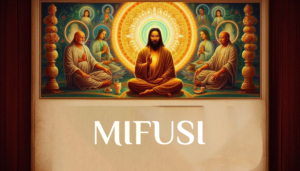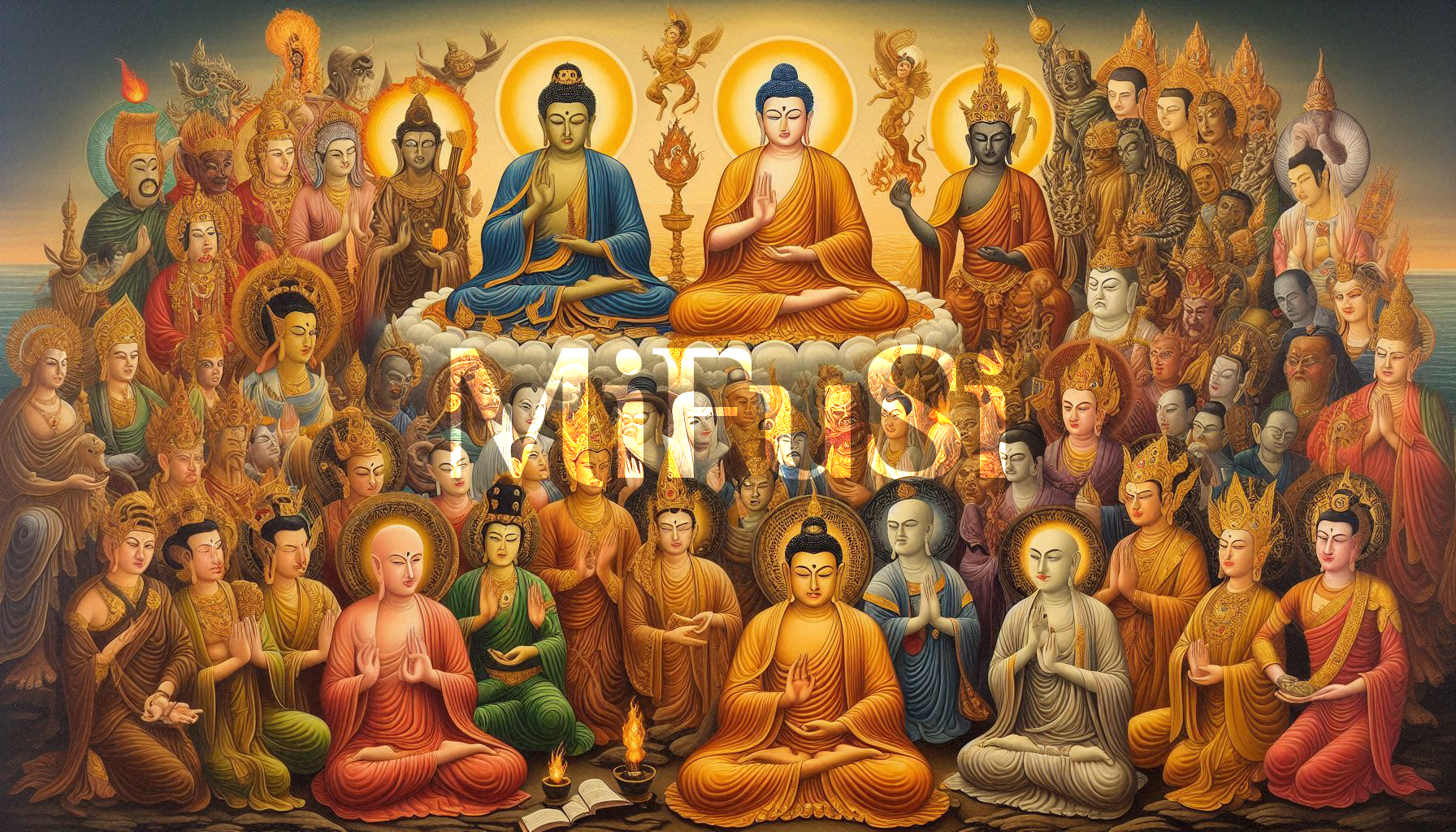Atheism vs Blind Believer
The issue of Faith in major religions
The concept of faith varies significantly across major religions. In Theravada Buddhism, Sakyamuni Buddha is revered as the supreme being, while figures like Kwan Yin Bodhisattva and Amitabha Buddha, along with other Buddhas of Mahayana doctrine, are considered malevolent entities due to their absence in the original Buddhist scriptures.
Conversely, Mahayana Buddhists regard Theravada practitioners as ignorant and narrow-minded individuals, viewing them as outsiders with inflated egos. Furthermore, Buddhism, in general, perceives Hinduism, Judaism, and Christianity as misguided, primarily because Buddhism rejects the notion of a singular, all-powerful creator deity, deeming such beliefs as fundamentally flawed.
Christianity is characterized by various denominations, primarily Catholics and Protestants. One notable difference lies in their beliefs regarding the Virgin Mary, with Catholics venerating her while Protestants do not. Moreover, certain Protestant denominations assert that Jesus is not only the Son but also the Creator of all things, challenging the traditional Trinity doctrine of the Father, Son, and Holy Spirit.
In Judaism, Jesus is not recognized as the Creator or the Messiah (Savior). Consequently, Jewish priests historically accused him and sought his crucifixion due to these theological disparities.
Islamic doctrine regards Abraham as the first prophet, followed by Jesus as the second, and Muhammad as the third and final prophet, granting Muhammad a monopoly on the prophetic title. Despite both Islam and Christianity worshiping the same Creator, historical conflicts such as the Crusades have led to violence between them, continuing to the present day.
In Brahmanism and Hinduism, belief centers around Brahma (the Creator), Vishnu, and Shiva. They disregard figures like Sakyamuni Buddha, Jesus, and Muhammad as latecomers unworthy of attention.
In essence, every religion perceives others as malevolent. Discussion based solely on faith among fanatics and chauvinists results in endless, unresolved arguments. While religious teachings advocate love and compassion, religion itself often becomes a source of hostility and violence.
Therefore, the study of religion should not rely solely on faith but rather on reason and a scientific approach. Truth must be valued, and compassion practiced. If religious doctrines are rife with dogma and superstition, Karl Marx’s assertion that “religion is the opium of the people” holds some truth.
It’s preferable to be an atheist than a blind believer. At least atheists lack hatred and do not kill in the name of religion or God.
Revised 3/7/24
Related Post

RELIGIOUS VIEWS ON THE ORIGIN OF LIFE AND THE UNIVERSE
In attempting to study religion, people often get frustrated and have much to think about the many serious controversial religious...

Story 14 – Invoking Uncle Ho
Story 14 - Invoking Uncle Ho Câu chuyện số 14 - Niệm danh cụ Hồ by ThầyGià on 12 November...

Story 1 – Mystical tales and its principles Old-Guru
Story 1 - Mystical tales and its principles Old-Guru Câu chuyện số 1 - Chim Đa Đa coi bói -...

Story 8 – The Initiation Rite – Stealing the Dharma
Story 8 - The Initiation Rite - Stealing the Dharma Câu chuyện số 8 - Điểm đạo và Trộm đạo...

Vision of previous life as a Shinto Priest
Linh ảnh về tiền kiếp là pháp sư by Diep Chau on 16 Aug 2017, 08:24 - translated by ngocxuan,...

QUINTESSENCE OF ESOTERIC BUDDHISM: SPECIAL CHAPTER
SPECIAL CHAPTER The Celestial Scroll for the transmission of the Secret Doctrine (secret seal) This is the sacred Yantra...

A section from my autobiography- treading the religious path
A section from my autobiography- treading the religious path: About 25 or 26 years ago, I and five other disciples...

Story 10 -Mystical Practice of Invibility
Story 10 -Mystical Practice of Invibility Câu chuyện số 10 - Phép Tàng Hình by ThầyGià on 12 November 2008,...
